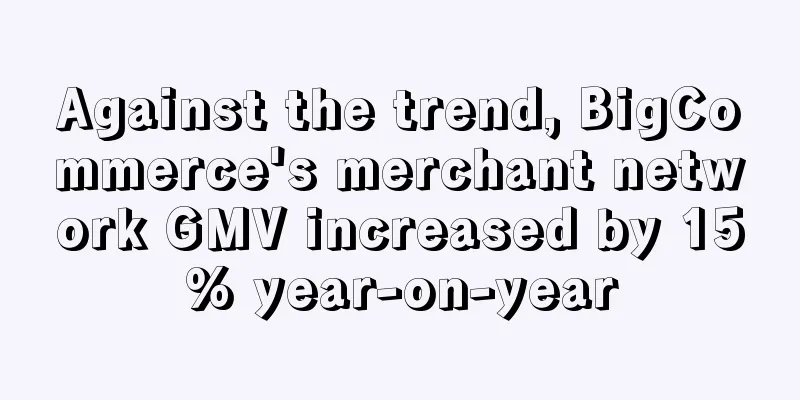What is UK late declaration? UK late declaration Review, Features

|
Late declaration in the UK means that if the party fails to pay VAT on time before the due date (Due Date) when VAT should be paid, then from the due date until the tax bureau receives the VAT that the party needs to pay, the party will need to pay daily interest during this "overdue" payment period. About late declaration in the UK At present, the interest rate for late payment by the British tax authorities is 3.25%, and sellers need to pay overdue interest until all VAT payable is paid in full. This means that sellers who are overdue for more than 30 days will face great legal risks, endangering their core interests, and need to pay special attention and take timely countermeasures. Penalty Rules After April 1, 2020, the penalty rules for delayed VAT declaration in the UK are: 1. Within 30 days after the due date for VAT payment: If you pay the VAT within 0-15 days after the due date, you do not need to pay the corresponding penalty. Conditions: It depends on whether the seller has paid the VAT in accordance with the repayment agreement, and whether he needs to pay the corresponding penalty. If the seller reaches a repayment agreement with the tax bureau during this period: the penalty will be suspended. 2. 16-30 days after expiration: If the seller pays the VAT in full within this period: there will be a penalty, but the penalty can be discounted. Conditions: Whether the seller has reached a repayment agreement with the tax bureau based on the seller’s repayment status during this period. 3. Day 30: The party concerned will be fined in full: Starting from the 31st day after the due date for VAT payment: If the person has not paid the VAT by this time, or has not reached a repayment agreement with the tax bureau, the tax bureau will impose another fine based on the delay in payment. At present, the tax bureau has not yet determined what the corresponding penalty rate will be in the future, but there are reports that the tax bureau is currently considering imposing a penalty rate of 5%. FAQ Q: Under what circumstances must I register and pay UK VAT? A: All cross-border e-commerce sellers who use the services of third-party overseas warehouses in the UK and conduct transactions in the UK must register, declare and pay UK VAT in a timely manner. As long as the goods are already in the UK when the sales take place and are not imported into the UK by individual UK buyers, if VAT declaration is delayed, they may be punished by the UK tax authorities. Q: VAT declaration cycle A: The new penalty clause for late declaration applies to both VAT declaration and payment. According to UK tax law, each registered VAT number should file a VAT declaration for the quarter to HMRC every quarter, even if there is no sales. This means that even if the seller has not completed the sale in the UK, he or she still needs to declare VAT on time. If the deadline is delayed, he or she will face legal risks. Those who have completed the sale must promptly settle accounts with the UK tax authorities and pay the tax payable. Q: Can UK VAT declaration be extended? A: Yes, if a non-resident company wishes to import goods into the UK, it should generally register for UK VAT and pay UK import VAT and the appropriate customs duty immediately upon import. It is also responsible for the appropriate customs duties. However, the UK offers another cash flow friendly import VAT and duty deferral scheme, which allows importers to defer VAT and duty until the following month. It usually requires a bank guarantee, although there is a scheme to avoid the VAT element for regular importers. 1. Import VAT and customs duty deferral guarantee With appropriate deferral accounts, any import VAT is only payable on the 15th of the month of import, meaning that the importer delays cash payment to the importer by an average of 30 days. 2. Guarantee of VAT and tax refund Under the EU VAT Directive rules, importers must provide some minimum security if import VAT and duties are not paid at the time of import. In the UK, such security must come from an approved bank, building society or insurance company, which is provided on Form C1201, and the security must cover up to two months of the due liabilities. 3. Simplified import VAT accounting - no guarantee required The VAT amount guaranteed by the deferral accounts can be completely cancelled by applying for the SIVA (Simplified Import VAT Accounting) scheme. This was introduced in 2003 to cut import VAT through a duty deferral system. Importers can get SIVA approved at the same time as applying for deferral accounts. The scheme is not available to new importers as HMRC in the UK will require at least three years of ‘clean’ VAT compliance history. |
<<: What is EC EXPRESS? EC EXPRESS Review, Features
>>: What is Amazon Launchpad? Amazon Launchpad Review, Features
Recommend
What is Shannon Technology? Shannon Technology Review, Features
Shannon Technology is committed to using artifici...
What is baysiclove? baysiclove Review, Features
baysiclove is a store that offers a unique, qualit...
Watco children's bathrobes recalled due to flammability risk!
Another children's product has been recalled ...
What is the Belgian Financial Services Authority? Belgian Financial Services AuthorityReview, Features
The Financial Market Authority of Belgium is resp...
Sellers beware! Another common word has been trademarked
For cross-border sellers, the most important skil...
The number of Shopee sellers has doubled! The Malaysian market is booming
According to foreign media reports, with the incr...
North American delivery platforms drive online grocery growth, up 57% year-on-year
Chicory conducted the fifth iteration of its onli...
Shenzhen Amazon's best seller received over 100 million yuan in financing!
Another cross-border seller has gained favor from...
What is vertia-print-nz? vertia-print-nz Review, Features
vertia-print-nz specialises in the design, manufac...
What is UEESHOP? UEESHOP Review, Features
UEESHOP is the earliest self-built website platfo...
Do you get the Japanese outdoor and sports culture?
In almost every Japanese movie and TV series, the...
Popular among consumers, live streaming sales have become popular around the world
The popularity of live streaming in China has att...
Cainiao and Zhimi Technology cooperate to focus on digital overseas warehouse supply chain
Just after 8 o'clock in the morning, nearly 1...
Amazon is sued again! A genuine $7 product was counterfeited and sold for $1,008
Although Amazon strictly prohibits infringement, ...
What is Shangma ERP? Shangma ERP Review, Features
Shangma ERP is a professional SaaS service provide...









